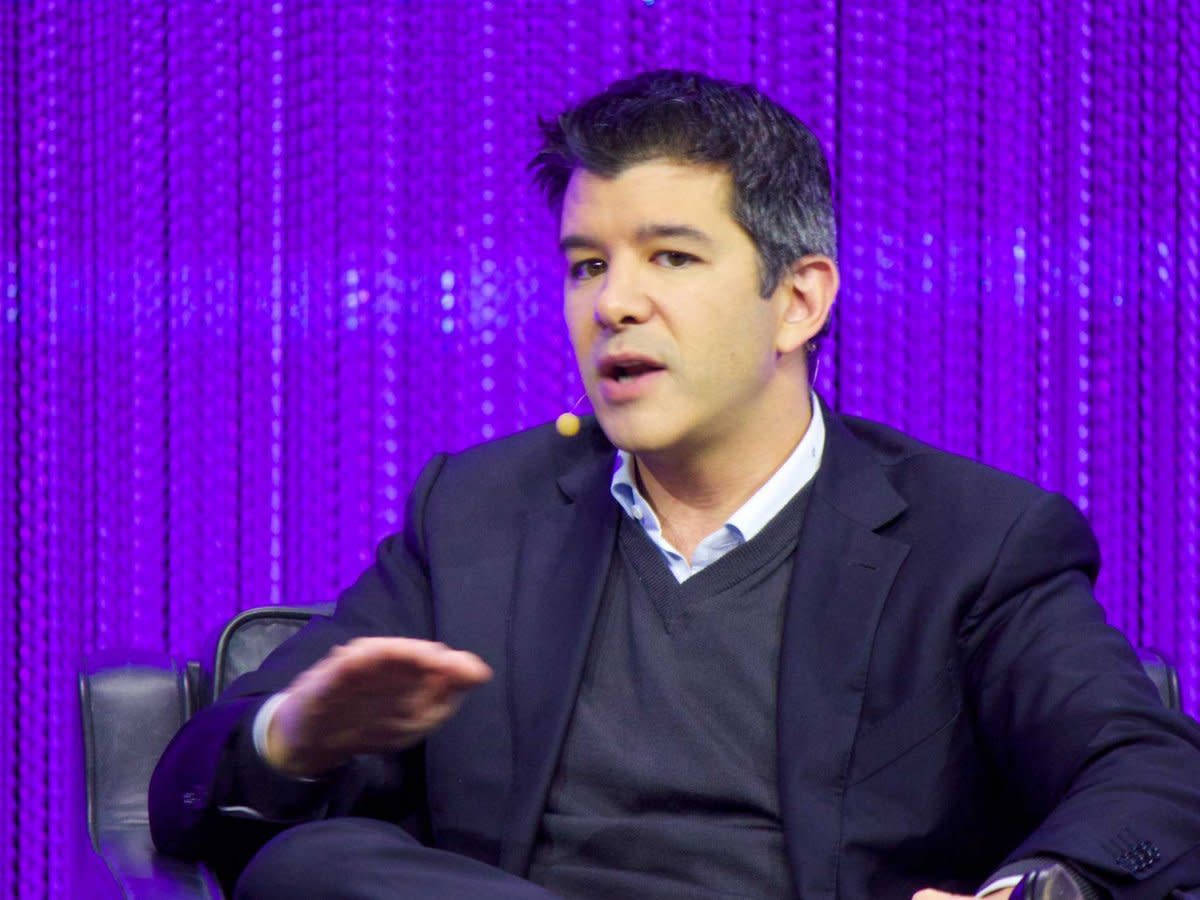Meanwhile, Here’s The Chatter About That Huge Financing Uber Is Doing…

It’s wall-to-wall Uber in the news these days, with threats and privacy gaffes and pay controversies and tweetstorms and calls for senior executives’ heads.
Meanwhile, Uber’s “ruthless execution” and financial performance continue to astound those who are privvy to them.
As we reported last week, sources familiar with Uber’s numbers say Uber is growing revenue at 300% per year and is expected to hit an annual run-rate of $10 billion by the end of next year.
Also, meanwhile, Uber is in the middle of another gigantic round of financing.
Here’s what we’re hearing about the latter:
The financing could be much larger than has been reported — possibly $2 billion or more. The original reports said $1 billion.
The valuation will likely be considerably higher than it was for last summer’s round, which was $18.2 billion post-money. The valuation for this round has yet to be set and will depend on investor demand. We have heard talk of $25-$30 billion. One industry source has heard talk as high as $40 billion. (The latter seems high. But investors do expect the company to go public at $50-$100 billion in a few years).
In typically aggressive fashion, Uber is insisting on unusual terms and restrictions for the deal. These include the restriction that Uber investors not invest in any of the company’s competitors, like Lyft. The ride-hailing industry that Uber and others have created was originally expected to support many players in each market. Thanks to consumers’ desire for convenience, however, along with “network effects” (advantages to scale) and Uber’s hyper-aggressive competitive tactics, it is becoming a winner-take-all game. And Uber is doing everything imaginable to ensure that it is that winner.
The potential investors for the deal include hedge funds and other “crossover” buyers — funds that buy both public and private securities. The last round included mutual-fund giant Fidelity. Mutual fund companies, hedge funds, and other public-market investors are increasingly investing in private companies, in part because companies are waiting so long to go public. These investors are missing out on the hyper-growth phases of companies’ development, and they want to start cashing in.
Anecdotally, investors are as awe-struck by Uber’s growth rate and execution as they are appalled by the company’s arrogance and scorched-earth approach to critics and competitors. Thus far, anyway, the latter has not stopped investors from clamoring to climb aboard the magic Uber money machine.
SEE ALSO: Now I Know Why Investors Are Going Hog Wild About Uber
Read more stories on Business Insider, Malaysian edition of the world’s fastest-growing business and technology news website.



